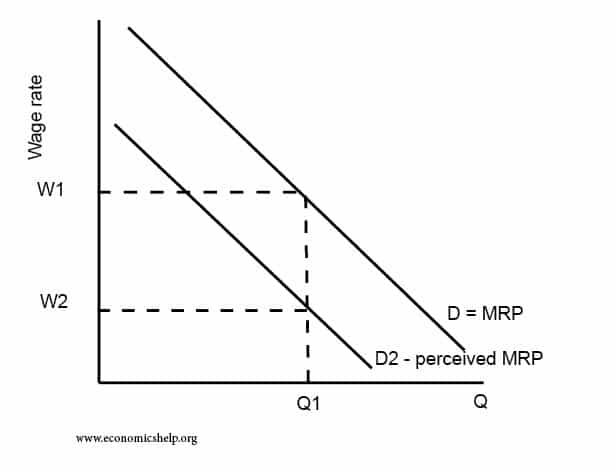Nudges
Nudge theory suggests consumer behaviour can be influenced by small suggestions and positive reinforcements. Proponents of nudge theory suggest that well-placed ‘nudges’ can reduce market failure, save the government money, encourage desirable actions and help increase the efficiency of resource use. Critics argue nudges can be misused and become a form of social engineering or …

